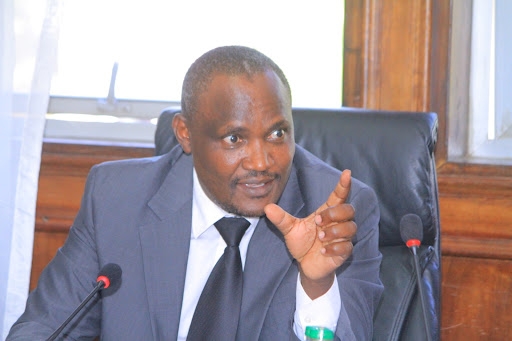The African Continental Free Trade Area could spur a technological and employment boom across the continent to the benefit of youth and women, according to participants at a Nairobi conference.
Delegates at the 59th African Economic Research Consortium’s (AERC) workshop in Nairobi said the opportunities that come with the free trade will be instrumental in the development of employable skills.
State department for economic planning PS James Muhati said about 10 to 12 million youths in Africa enter the job market yearly, but only a quarter are absorbed into the labour market.
“The youth is an untapped resource, and we have an opportunity to accelerate the social economic situation in the continent if we harness the skills of this population. We should expose the youths to entrepreneurial and leadership skills at a young age to establish their access to employment,” Muhati who represented the National Treasury Cabinet Secretary Njuguna Ndungu said.
He added that human capital development through education is key for a country’s growth, hence the need to equip students with skills that are relevant to the job market.
He called on governments to work alongside private sectors to initiate drives to create job avenues for young men and women through business financing, market access and mentorship.
“In this digital era, we need to be cognisant of the need to empower them digitally to have access to the various digital jobs that comes with the free trade area, and it is through such forums that we will get to forge ahead.”
The plenary session also noted that fronting human capital development to enhance youth skills to nurture employability and entrepreneurship via widespread Technical and Vocational Education and Training (TVET) provision is key.
Aligning the education curriculum to embody science, technology, engineering, and mathematics (STEM) related courses will likely spur innovation and ingenuity in young people, thus creating jobs in the digital space, the manufacturing sector and the ever-growing AI-driven future, the PS added in part.
The week long forum further seeks to inspire young African researchers by exposing them to emerging topical and policy-relevant issues on themes, and learning from senior academics as they deal with challenging and intractable development problems.
The opening session also tackled the issue of migration, which is majorly looked at as a development problem, as forced human displacement is normalised.
Chief economist and vice president of African Development Bank Kevin Chika Urama, said the issue erodes the economic potential embodied in skilled youth, robbing the African continent of the means for meaningful economic transformation.
“However, there is an opportunity to utilise Africans in diaspora for the good of the continent,” Chika said.
“We need to make the African migration an opportunity for development in the continent. Africans in diaspora have achieved a lot for the continent across various sectors by contributing to economic development back at home to create the continent that we want.”












